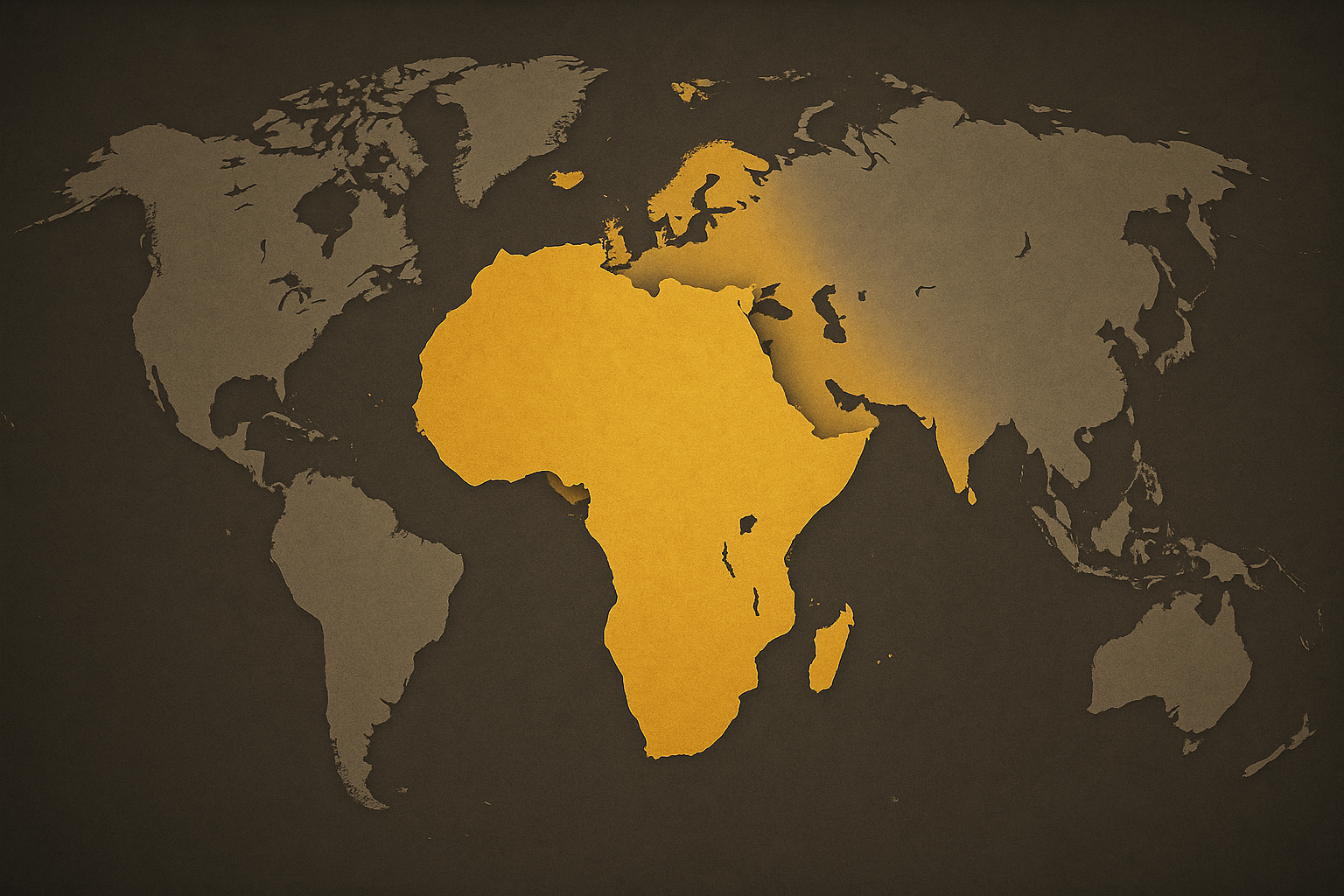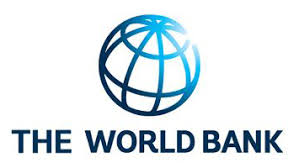The idea for KANU wasn’t born in a formal boardroom but from a profound, lucid, and demanding exchange between two African visionaries: Dr. Fokam and Colonel Kamé-Domguia. It was June 2013, during a high-level strategic discussion on the future of the African continent in a rapidly changing world.
The conversation was frank and uncompromising, based on facts, and fueled by years of experience, rigorous geopolitical analysis, and a deep love for Africa. However, at the time, their respective schedules were exceptionally demanding. Colonel Kamé-Domguia, then working at the African Union headquarters, was tirelessly focused on strategically leveraging Africa's maritime potential through a new, disruptive geostrategic governance approach.
Simultaneously, Dr. Fokam was in the midst of expanding the pan-African banking network, AfriLand First Bank, laying the concrete foundations for African financial sovereignty.
The idea of an Afrocentric, pan-African think tank was born, but it could not be brought to fruition at that moment. Nevertheless, the seed was planted, and the foundations for reflection were carefully laid.
The Urgency of Endogenous Thinking
Twelve years later, in the face of rising geopolitical uncertainties, a fragmented world, systemic African challenges, and the persistent influence of non-African think tanks on our policies and strategic choices, the urgency became clear. A stark realization was reinforced: Africa can no longer depend on analyses, narratives, or models produced elsewhere. It was time to take responsibility, to think for ourselves, by ourselves, and with ourselves. The intuition of 2013 became a certainty. It was time to act. Better late than never. It's in this context that KANU – Knowledge for Africa’s New Uprising was born.
The name was chosen from a half-dozen proposals, with care, deliberation, and depth. KANU is not just an acronym; it is a manifesto, a compass, a cry for intellectual sovereignty.
From Intuition to Strategic Structuring
The initial vision was then formalized in an ambitious strategic concept note, which established the intellectual, ethical, and political foundations of KANU: its mission, objectives, core strategic pillars, operating model, and pan-African positioning. This key document is the result of long hours of reflection, critical review of existing models, and a commitment to making KANU a leading intellectual player, capable of influencing the continent's public policies, industrial strategies, and scientific and cultural directions.
A shortlist of founders was quickly established, bringing together high-level figures from Africa and its diasporas—committed, credible, and bold women and men who immediately recognized the need for such an Afro-optimistic, rooted, and transformative think tank.
An Intellectual Insurrection for a Standing Africa
KANU is not just another think tank. It is an intellectual insurrection, a pan-African strategic movement, driven by a demand for excellence, sovereignty, and dignity. It is a space where African intelligence organizes itself, projects its vision, structures itself, and boldly influences the world.
Born from a long-standing friendship (since 1989), a shared conviction, and a sense of duty toward Africa, KANU is now a living reality. A community that is expanding, a vision that is taking shape, and a call to think differently in order to build differently.
KANU Moving Toward Official Continental Recognition
The Pan-African Think Tank KANU is currently in the process of obtaining observer status with the African Union and with the continent’s leading political, economic, and strategic institutions. This official recognition will enable KANU to contribute more effectively to public policy design, strategic dialogue, and the defense of Africa’s interests on the global stage.
In parallel, KANU is preparing to sign partnership agreements with several of Africa’s top universities, with the aim of co-creating a dynamic Pan-African platform for research, innovation, training, and intellectual influence. These collaborations will enrich strategic thinking, train a new generation of thought leaders, and build strong bridges between academia, policymaking, and industry across the continent.



